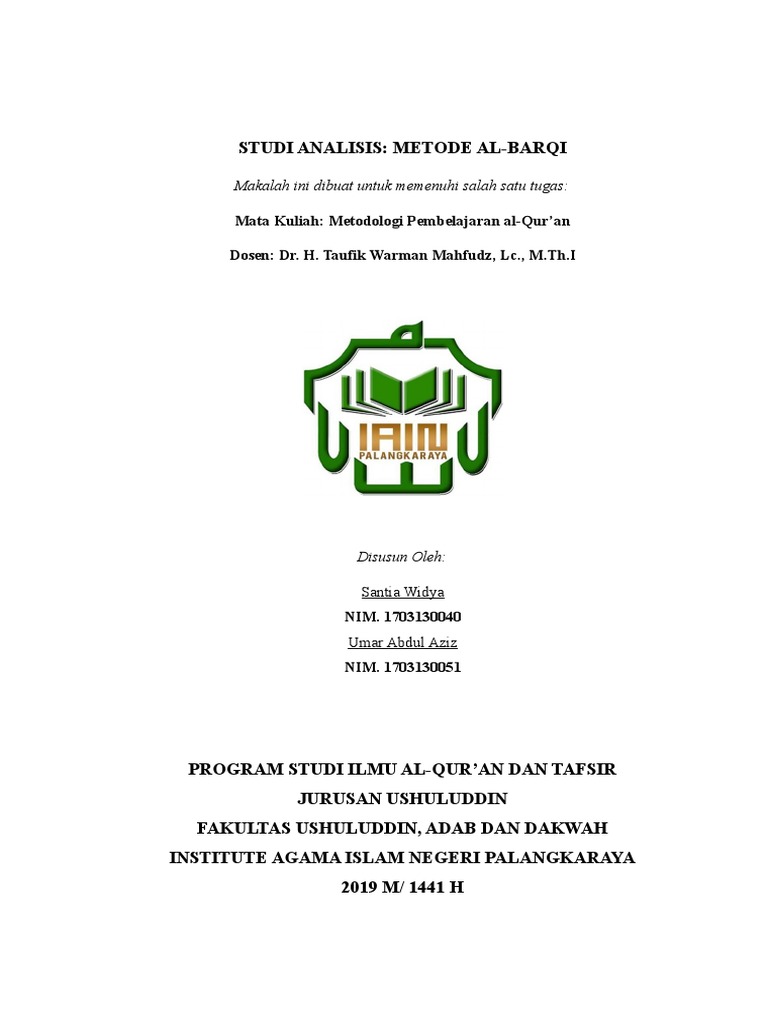The realm of Shia Islamic scholarship is vast, characterized by a multitude of thinkers who have contributed significantly to Islamic jurisprudence, theology, and ethics. Ahmad b. Muhammad b. Khalid al-Barqi stands out as a pivotal figure in this intellectual tradition. But who exactly was al-Barqi, and what are the enduring implications of his teachings in contemporary Shia thought?
Al-Barqi, who lived in the 3rd century of the Islamic calendar (around 9th century CE), was a prominent scholar in the field of hadith and jurisprudence. His contributions were not only profound but also transformative, leading to an expansion of the Shia scholarly apparatus. One of the most significant aspects of al-Barqi’s legacy lies in his compilation of hadith, which serve as a cornerstone for later Shia scholarship. Yet, what challenges do we encounter when analyzing al-Barqi’s work, and how do his teachings interface with modern challenges in the interpretation of Islamic texts?
The principal corpus attributed to al-Barqi is known as “al-Mahasin.” This collection encompasses a wide array of hadith that address ethical conduct, familial relations, and community obligations. It is often regarded as a foundational text that articulates the moral framework within which Shia Muslims are expected to operate. Thus, the intricacies of al-Barqi’s interpretations provide a multi-faceted approach to understanding these norms. However, a significant challenge arises when one attempts to discern the authenticity and contextual relevance of these hadith, particularly in an era marked by rapid societal shifts.
Al-Barqi’s methodology in selecting and narrating hadith was rigorous. He employed both critical and contextual analysis to ascertain the authenticity of sources. This process raises essential questions about the interpretative frameworks employed by contemporary scholars. In an increasingly pluralistic world, how do we reconcile ancient narratives with modern ethical dilemmas? The implications of al-Barqi’s scholarly rigor compel current scholars to revisit the criteria used for hadith authentication and to question whether existing methodologies meet the demands of present-day ethical challenges.
Tags
Share this on:
[addtoany]


